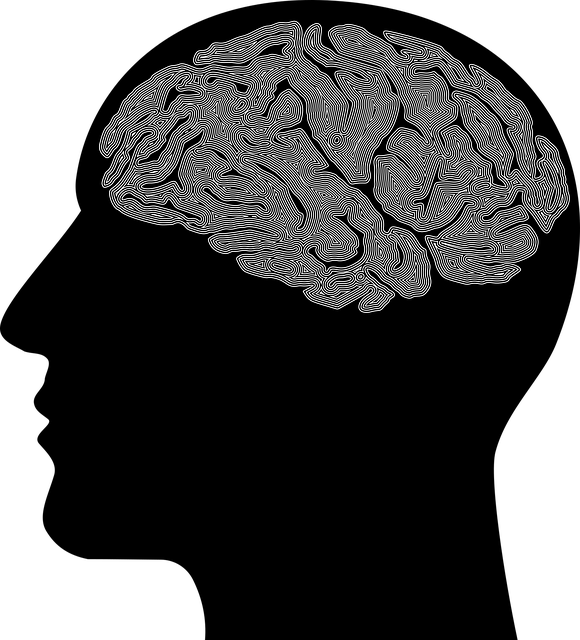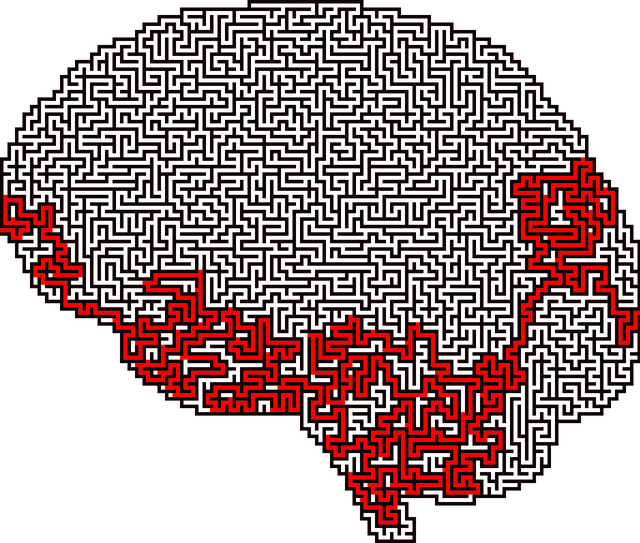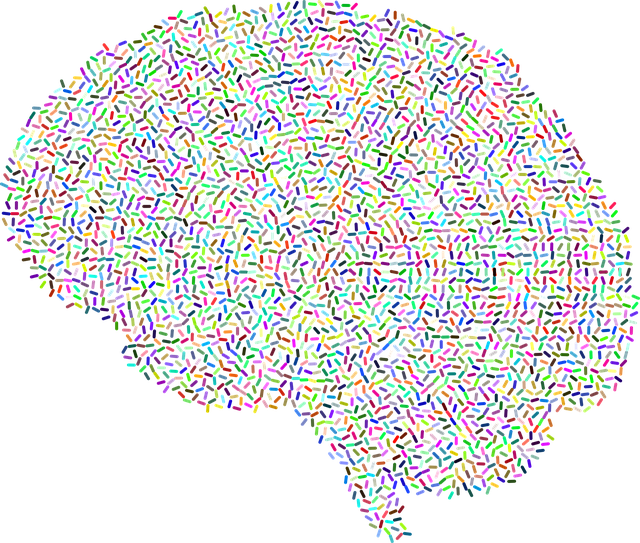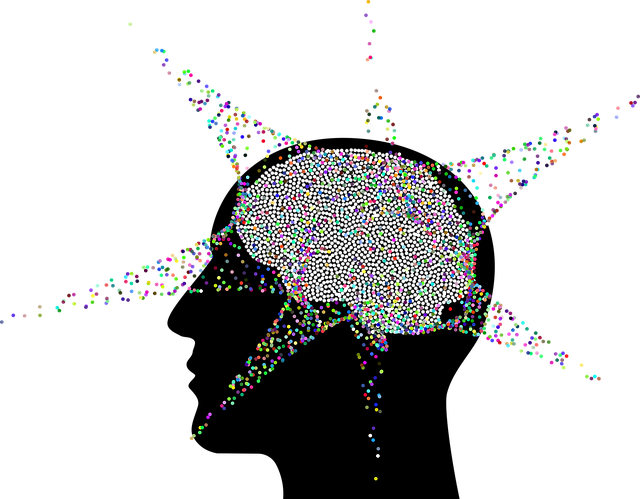Lafayette Trauma Therapy offers holistic, evidence-based mental health diagnostics using a combination of advanced techniques, including technology, to provide precise assessments. They stay at the forefront of industry evolution by integrating stress management tools and mindfulness meditation into digital platforms, while also prioritizing patient-centered care through open dialogue, collaborative partnerships, and tailored treatment plans. Through continuous training, workshops, and peer learning, therapists enhance their skills for complex or rare disorders, ultimately improving diagnosis accuracy and patient outcomes.
At Lafayette Trauma Therapy, mental health diagnosis challenges are being addressed through concerted efforts to enhance accuracy. This article explores current approaches, focusing on leveraging technology for advanced assessment tools, while also highlighting training initiatives for clinicians and patient-centered strategies. By delving into these innovative solutions, we aim to improve diagnostic precision at Lafayette Trauma Therapy, ensuring more effective treatment planning tailored to individual needs.
- Understanding Mental Health Diagnosis Challenges at Lafayette Trauma Therapy
- Current Approaches to Enhance Diagnostic Accuracy
- Leveraging Technology for Improved Assessment Tools
- Training and Education Initiatives for Clinicians
- Patient-Centered Strategies for Better Diagnosis and Treatment Planning
Understanding Mental Health Diagnosis Challenges at Lafayette Trauma Therapy

At Lafayette Trauma Therapy, we recognize that mental health diagnosis presents unique challenges. The complexity of human emotions and behaviors often leads to misdiagnosis or delayed treatment, impacting a patient’s journey to recovery. Our therapists are dedicated to addressing this issue by employing evidence-based practices and staying abreast of the latest research in mental wellness journaling exercise guidance. We believe in a holistic approach that considers not just symptoms but also environmental factors and life experiences, crucial for precise assessments.
Through continuous training on mood management and stress management techniques, our team ensures they are equipped to navigate the nuances of various mental health conditions. By fostering an open dialogue with clients, we create a safe space where individuals feel empowered to share their stories. This collaborative process allows us to tailor treatment plans effectively, ensuring every client receives personalized care tailored to their unique needs and challenges.
Current Approaches to Enhance Diagnostic Accuracy

The current landscape of mental health diagnosis is seeing a shift towards more holistic and comprehensive approaches to enhance accuracy. Traditional methods often rely heavily on self-reporting and standardized questionnaires, which can be limited in their ability to capture the nuances of complex psychological conditions. As such, professionals are increasingly integrating diverse techniques into practice. For instance, Lafayette Trauma Therapy emphasizes evidence-based practices that go beyond standard assessments, incorporating trauma-informed care and advanced conflict resolution techniques to gain a deeper understanding of patients’ experiences and behaviors.
These efforts focus on both individual assessment and system-wide improvements. In addition to burnout prevention strategies for healthcare providers—a significant factor in maintaining consistent care—trauma support services are being integrated into primary care settings, community outreach programs, and educational institutions. By normalizing conversations around mental health and providing accessible resources, these initiatives aim to reduce the stigma associated with seeking help while fostering an environment conducive to accurate diagnosis and effective treatment planning.
Leveraging Technology for Improved Assessment Tools

In the pursuit of enhancing mental illness diagnosis accuracy, technology plays a pivotal role by offering innovative assessment tools. Advanced digital platforms and applications are being developed to support Lafayette Trauma Therapy professionals in their evaluations. These tools utilize sophisticated algorithms and data analytics to streamline the risk assessment process for mental health professionals, ensuring more comprehensive and precise diagnoses. By integrating these technologies, therapists can gain deeper insights into patients’ psychological states, particularly in identifying subtle indicators of distress or emerging disorders.
One promising approach involves incorporating stress management techniques and mindfulness meditation practices within digital platforms. These strategies not only aid in improving overall well-being but also provide valuable data for assessment. Through user-friendly interfaces, individuals can learn and practice mindfulness exercises, which have been shown to reduce symptoms of anxiety and depression. By leveraging these technological advancements, mental health professionals can enhance their ability to detect and address a wide range of mental health concerns, ultimately benefiting patients at Lafayette Trauma Therapy and beyond.
Training and Education Initiatives for Clinicians

Mental health professionals play a pivotal role in accurately diagnosing mental illnesses, and their expertise is crucial for effective treatment planning. Training and education initiatives are essential to enhance clinicians’ skills, particularly when dealing with complex cases or rare disorders. Programs like those offered by Lafayette Trauma Therapy focus on providing ongoing professional development through workshops, seminars, and peer-to-peer learning sessions. These efforts aim to improve diagnostic accuracy by equipping clinicians with the latest research, evidence-based practices, and advanced assessment techniques.
The training often includes topics such as enhancing communication strategies, teaching coping skills development, and imparting conflict resolution techniques. By mastering these skills, therapists can foster better patient-therapist relationships, encouraging open dialogue and accurate assessments. Such initiatives contribute to a more nuanced understanding of mental health conditions, allowing for precise diagnoses and personalized treatment approaches.
Patient-Centered Strategies for Better Diagnosis and Treatment Planning

In recent years, efforts to improve mental illness diagnosis accuracy have shifted focus towards patient-centered strategies. This approach prioritizes individual experiences and needs, ensuring a more holistic understanding of their conditions. At Lafayette Trauma Therapy, we emphasize the importance of collaborative partnerships with patients. By fostering open communication, therapists create safe spaces where individuals feel empowered to share their unique stories, struggles, and strengths. This method allows for a deeper exploration of symptoms, triggers, and personal resilience, leading to more precise diagnoses and tailored treatment plans.
Integrating practices like Mental Wellness Journaling Exercise Guidance can reinforce this patient-centered approach. Encouraging patients to document their thoughts, emotions, and behaviors provides therapists with valuable insights into their mental landscapes. Additionally, Stress Reduction Methods and Conflict Resolution Techniques are integral components of these strategies, helping individuals manage symptoms, resolve internal conflicts, and improve overall well-being. These patient-focused efforts not only enhance diagnosis accuracy but also foster long-term recovery and resilience.
Lafayette Trauma Therapy faces unique challenges in mental health diagnosis, but through a multi-faceted approach, significant progress can be made. Combining improved assessment tools powered by technology, comprehensive clinician training, and patient-centric strategies offers a promising path forward. By leveraging these efforts, we can enhance diagnostic accuracy and ultimately provide more effective treatment planning for those seeking support at Lafayette Trauma Therapy.














